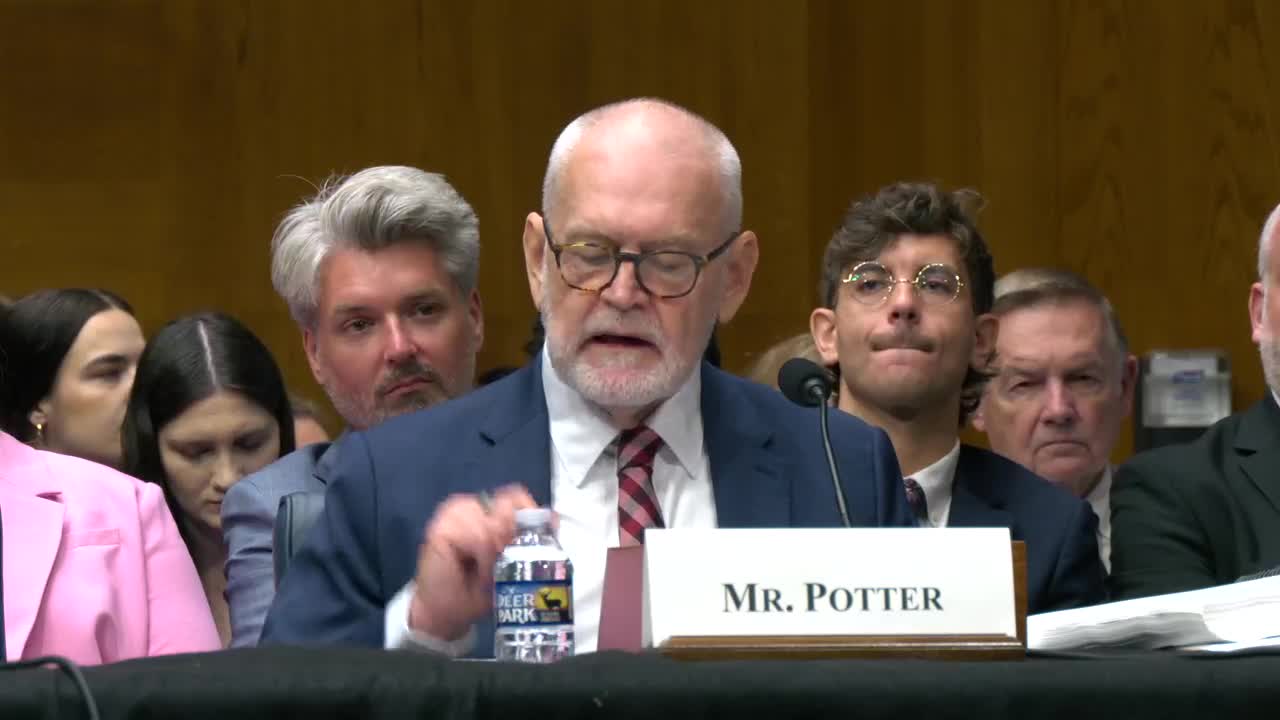Speaker Calls for Urgent Healthcare Reforms to Combat Rising Medical Debt
July 31, 2025 | Health, Education, Labor, and Pensions: Senate Committee, Standing Committees - House & Senate, Congressional Hearings Compilation
This article was created by AI summarizing key points discussed. AI makes mistakes, so for full details and context, please refer to the video of the full meeting. Please report any errors so we can fix them. Report an error »

The U.S. Senate Committee on Health, Education, Labor, and Pensions convened on July 31, 2025, to address the pressing issue of making health care affordable. The meeting focused on various strategies to lower costs and empower patients, highlighting the challenges faced by independent physicians and rural providers.
The discussion opened with concerns about the financial pressures on independent physicians, many of whom have been forced to sell their practices to hospitals or insurance companies. This trend has resulted in further consolidation within the healthcare industry, leading to higher prices and reduced patient choice. A poignant example was shared about patients unable to afford their deductibles, with some resorting to seeking free medical care in unconventional settings.
The committee heard alarming statistics, noting that over 100 million Americans carry medical debt, most of whom are insured. The burnout among physicians, stemming from their struggles with insurance companies to secure care for patients, was also emphasized.
To address these issues, several urgent actions were proposed. Key recommendations included closing loopholes in medical loss ratio (MLR) regulations, ensuring transparency in ownership and acquisitions, and preventing insurers from using tax dollars for stock buybacks and misleading advertisements. The potential for expanding global budgets, similar to Maryland's successful model, was discussed as a means to save taxpayer money while maintaining hospital operations.
Additionally, the committee considered the introduction of a public option or allowing individuals to buy into traditional Medicare as a way to enhance patient choice. The importance of passing the bipartisan Patients Before Monopolies Act was highlighted, which aims to separate pharmacy benefit managers (PBMs) from pharmacies. There was also a call to phase out insurer-owned PBMs and restrict private insurers from owning physician practices and medical facilities.
In conclusion, the meeting underscored the need for a thorough examination of the public-private partnerships that have allowed insurers to dominate the healthcare landscape. The overarching message was clear: a shift towards prioritizing patient care over profits is essential for restoring affordability and access in the healthcare system. The committee members were urged to take decisive action to ensure transparency and accountability in healthcare delivery.
The discussion opened with concerns about the financial pressures on independent physicians, many of whom have been forced to sell their practices to hospitals or insurance companies. This trend has resulted in further consolidation within the healthcare industry, leading to higher prices and reduced patient choice. A poignant example was shared about patients unable to afford their deductibles, with some resorting to seeking free medical care in unconventional settings.
The committee heard alarming statistics, noting that over 100 million Americans carry medical debt, most of whom are insured. The burnout among physicians, stemming from their struggles with insurance companies to secure care for patients, was also emphasized.
To address these issues, several urgent actions were proposed. Key recommendations included closing loopholes in medical loss ratio (MLR) regulations, ensuring transparency in ownership and acquisitions, and preventing insurers from using tax dollars for stock buybacks and misleading advertisements. The potential for expanding global budgets, similar to Maryland's successful model, was discussed as a means to save taxpayer money while maintaining hospital operations.
Additionally, the committee considered the introduction of a public option or allowing individuals to buy into traditional Medicare as a way to enhance patient choice. The importance of passing the bipartisan Patients Before Monopolies Act was highlighted, which aims to separate pharmacy benefit managers (PBMs) from pharmacies. There was also a call to phase out insurer-owned PBMs and restrict private insurers from owning physician practices and medical facilities.
In conclusion, the meeting underscored the need for a thorough examination of the public-private partnerships that have allowed insurers to dominate the healthcare landscape. The overarching message was clear: a shift towards prioritizing patient care over profits is essential for restoring affordability and access in the healthcare system. The committee members were urged to take decisive action to ensure transparency and accountability in healthcare delivery.
View full meeting
This article is based on a recent meeting—watch the full video and explore the complete transcript for deeper insights into the discussion.
View full meeting